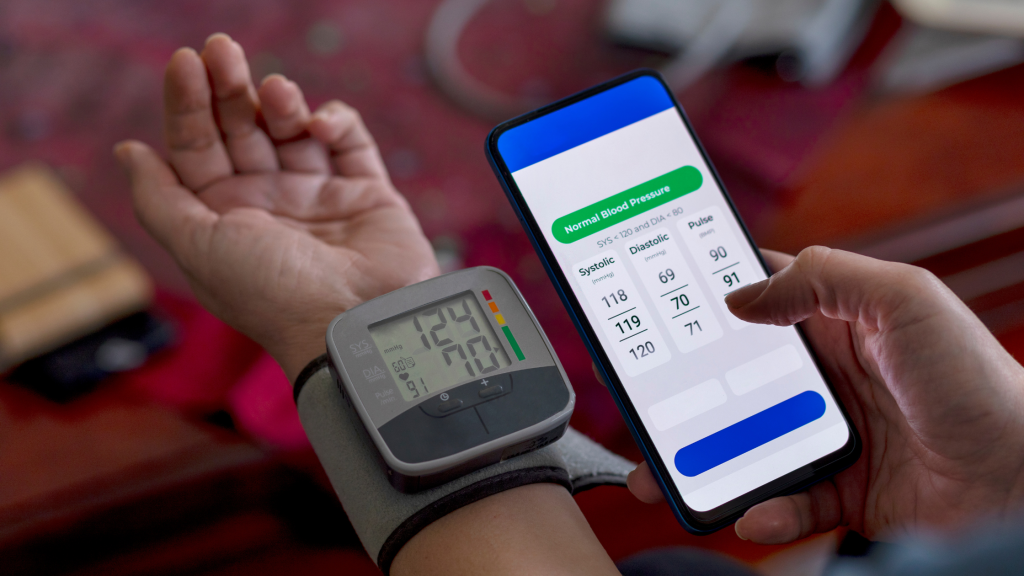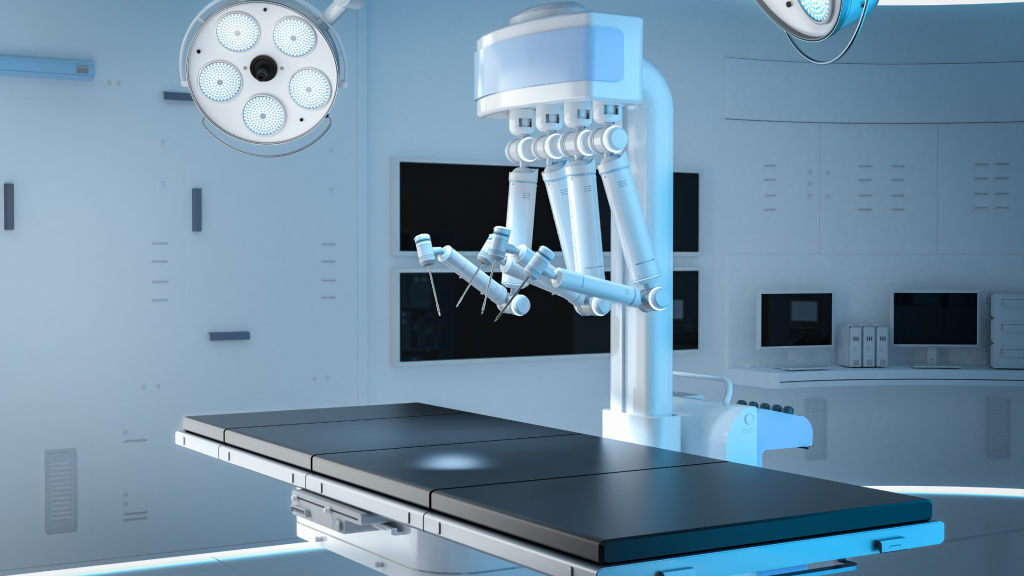In recent years, the health industry has witnessed a remarkable transformation driven by advancements in technology. From diagnostic tools to treatment methods, technology has become an integral part of healthcare, enhancing patient outcomes and improving overall efficiency. This article explores the rise of technology in the health industry in Australia and how it is reshaping the way healthcare is delivered.
Key Takeaways:
- The health industry is undergoing a profound transformation, leveraging technology to enhance diagnostics, treatment methods, and overall patient care.
- Telemedicine is democratising healthcare, providing remote consultations and improving access to medical services, fostering efficient communication between patients and healthcare providers.
- Robotic-assisted surgery is elevating precision, resulting in smaller incisions, quicker recovery, and reduced complications, working alongside traditional surgical methods.
- Advances in genomics and molecular biology are paving the way for personalised medicine, tailoring treatments based on individual genetic makeup for more targeted and effective healthcare.
- Even in dental care, technology shines with dental implants – biocompatible solutions supported by advanced imaging, offering a durable and natural-looking remedy for missing teeth.
Digital Diagnostics:
One of the significant contributions of technology to healthcare is the development of sophisticated diagnostic tools. Digital imaging, artificial intelligence (AI), and machine learning have revolutionised the accuracy and speed of medical diagnoses. Advanced imaging techniques such as MRI and CT scans allow healthcare professionals to obtain detailed insights into a patient’s condition, enabling more precise treatment planning.
Telemedicine and Remote Monitoring:
The rise of technology has facilitated the widespread adoption of telemedicine, allowing patients to consult with healthcare professionals remotely. This has proven particularly valuable in enhancing access to healthcare services, especially in remote or underserved areas. Additionally, wearable devices equipped with sensors enable real-time monitoring of patients’ vital signs, empowering healthcare providers to track and manage chronic conditions more effectively.

Electronic Health Records (EHRs):
The transition from paper-based records to electronic health records (EHRs) has streamlined information management in the healthcare sector. EHRs not only ensure easy access to patient data but also improve communication among healthcare providers. This has led to more coordinated and efficient care, reducing the likelihood of errors and improving patient safety.
Robotics in Surgery:
Technological advancements have also revolutionised surgical procedures, with the integration of robotic systems in the operating room. Robotic-assisted surgery allows for greater precision, smaller incisions, and faster recovery times. Surgeons can now perform complex procedures with enhanced control, improving patient outcomes and reducing the risk of complications.

Personalised Medicine:
Advancements in genomics and molecular biology have paved the way for personalised medicine, tailoring treatments to an individual’s unique genetic makeup. This approach allows for more targeted therapies, reducing side effects and increasing treatment efficacy. The use of genetic information in treatment decisions represents a paradigm shift in healthcare, with the potential to revolutionise how diseases are managed.
The Role of Technology in Dental Care in Perth:
Within the broader health industry, dental care has also embraced technological advancements in Perth, Western Australia. Dental implants Perth, for example, represent a cutting-edge solution for individuals with missing teeth. These implants, made of biocompatible materials, provide a durable and natural-looking replacement for missing teeth. Advanced imaging technologies aid in precise planning and placement of dental implants, ensuring optimal results for patients seeking to restore their smiles.
Conclusion:
The rise of technology in the health industry has ushered in a new era of healthcare delivery, marked by improved diagnostics, enhanced treatment options, and greater patient-centricity. From digital diagnostics to robotic surgery and personalised medicine, these technological innovations are contributing to better patient outcomes and an overall improvement in the quality of healthcare. As technology continues to advance, the health industry is poised to undergo further transformative changes, offering new possibilities for prevention, diagnosis, and treatment.
FAQs
Is dental implant suitable for everyone?
Dental implant in Perth is generally suitable for many individuals, but certain factors such as overall health, bone density, and oral hygiene may affect candidacy. It’s essential to consult with a dental professional to determine the best course of action for your specific situation.
How do telemedicine and remote monitoring impact patient privacy?
Telemedicine and remote monitoring technologies prioritise patient privacy through secure communication channels and encrypted data transmission. Healthcare providers adhere to strict data protection regulations to ensure the confidentiality of patient information.
What challenges do healthcare professionals face in adopting electronic health records (EHRs)?
Healthcare professionals may face challenges in transitioning to EHRs, including initial implementation costs, staff training, and concerns about data security. However, the long-term benefits of improved efficiency and better patient care often outweigh these initial hurdles.
Can robotic-assisted surgery completely replace traditional surgical methods?
While robotic-assisted surgery offers enhanced precision, it may not be suitable for all procedures. The choice between traditional and robotic surgery depends on the complexity of the case and the surgeon’s expertise. The two approaches often complement each other for optimal outcomes.
